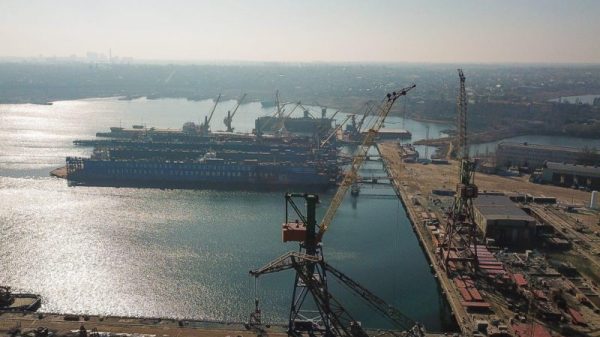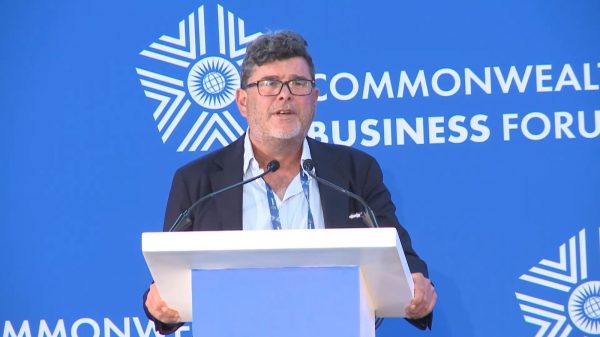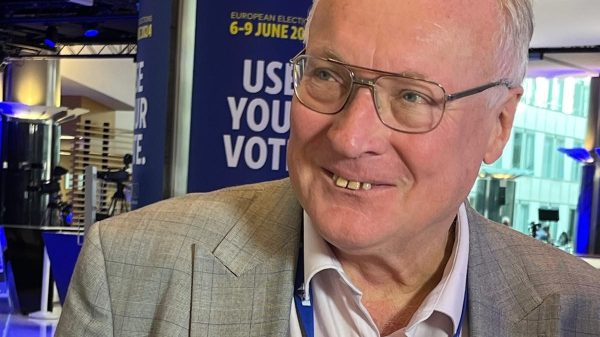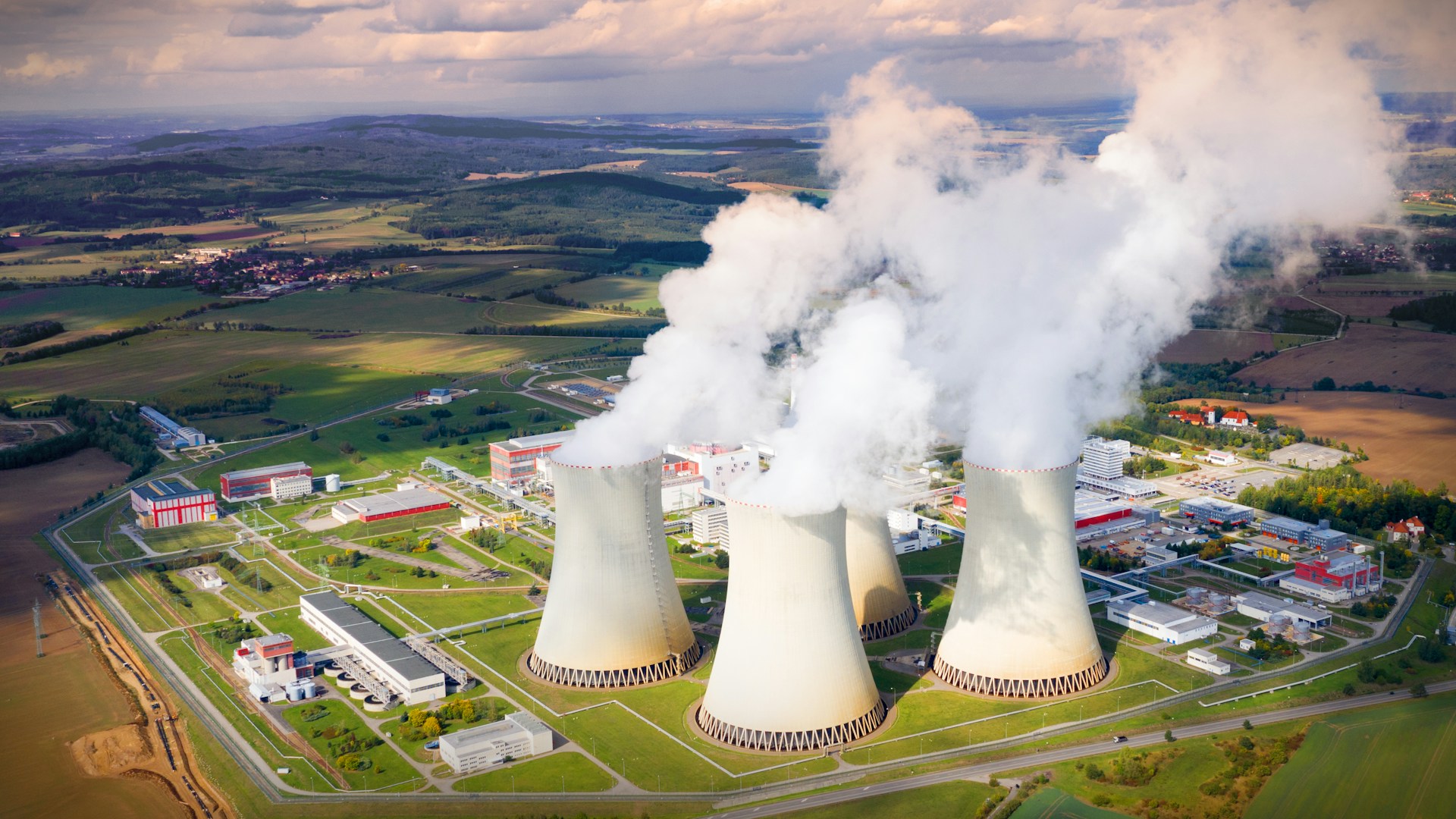The past week has seen a flurry of policy developments at the European level, suggesting progress towards Green Deal goals. On February 6, the European Commission unveiled its 2040 carbon emission reduction target, aiming for a 90% reduction in net greenhouse gas emissions by 2040 relative to 1990 levels – writes the European Energy Research Alliance.
It also launched a Communication on Industrial Carbon Management, which discusses the establishment of a single market for CO2 in Europe and announces preparatory work on a possible future CO2 transport and storage regulatory package, urging investments, funding, and a boost in Research and Innovation (R&I) in CCUS technologies. Last week the Council of the EU and the European Parliament also reached a provisional agreement on the Net Zero Industry Act (NZIA) and retained the non-binding target to produce 40% of clean technologies used in Europe by 2030 domestically. With it, and in line with what several observers state, we can see a noticeable shift towards industrial policy and its practical implementation.
While the clean energy research community welcomes the new policy initiatives reasserting and supporting its climate goals, it simultaneously voices concerns about specific policy directions that seemingly fall short of bolstering the ambitious objectives that underpin these files. For a start, also last week, the European Parliament and the Council of the EU reached an agreement on the Strategic Technologies for Europe Platform (STEP) as part of the revision of the Multiannual Financial Framework (MFF). At this stage, and contrary to the initial proposal meant to mobilise resources for the whole value chain of critical technologies through, among others, Horizon Europe, the final deal will only benefit the European Defence Fund (EDF) with an extra €1.5 billion.
Against this backdrop, it becomes clear that despite the critical need for increased R&I investment in clean technologies for the success of the progressive emissions reduction targets and the NZIA, the latest developments do not introduce new funding for it. This comes in addition to the latest €2.1 billion cuts to Horizon Europe, in stark contrast with the recent Horizon 2020 evaluation, which concluded that it fell short of €159 billion to finance all high-quality proposals. It is becoming increasingly likely that Europe’s ambitions might fall short of their potential.
As we navigate the intricate terrain towards implementing the Green Deal amidst a turbulent geopolitical landscape and political divergences, it becomes increasingly clear that without a significant boost in R&I funding, Europe’s laudable climate objectives, crucial for supporting the continent’s enhanced competitiveness and reinforcing its strategic autonomy, might remain elusive. This is a critical moment as research stakeholders are gearing up for discussions on Framework Programme 10, the successor of Horizon Europe starting in 2028. But the recent developments cast a shadow, leaving more room for concern than optimism regarding the future of research funding in Europe.
The need for increased investment in research and innovation to boost Europe’s innovation and competitiveness is well-documented and supported by several studies and reports. The European Commission’s “Science, Research and Innovation Performance of the EU 2022” (SRIP) report highlighted the essential role of R&I in addressing societal challenges and driving economic growth. Current figures stemming from the recent Horizon 2020 evaluation, according to which the €76.5 billion destined for the programme are expected to contribute around €429 billion to the EU economy by 2040, further illustrate this statement. More concretely, each euro spent will result in five euros’ worth of benefit for each European citizen. This comes in addition to all the societal benefits, the monetization of which presents a significant challenge due to their multidimensional nature.
However, it is already well known that a persistent gap compared to global counterparts remains. The latest numbers reflect that R&I spending stood at 2.3% of GDP in the EU in 2021*, far from the agreed 3% target and, comparatively, the 3.45% spent by the United States, while the EU’s share in the global R&I expenditure has been declining. In this context, one can question if FP10 will come even closer to the call by several MEPs on the Commission to propose a budget of at least €200 billion or to the request of the European Research Council, which claims at least double the budget of Horizon Europe (€180 billion).
The EU urgently needs an R&I budget that reflects the ambitions it voices in terms of being frontrunners of the clean energy revolution and that will allow it to develop and scale up the breakthrough solutions and technologies needed to meet our decarbonisation and climate neutrality objectives. Moreover, it is crucial to secure the programme’s funding by exempting it from annual debates during the MFF discussions and preventing reallocations among various programme components that put the delivery of the objectives at risk in terms of societal and economic impact.
Ambitions must be adequately underpinned by robust investment in the fields where objectives are set. Only then may Europe expect to align with the pathways that will enable it to meet the high expectations set for its future.
* Gross domestic spending on R&D is defined as the total expenditure (current and capital) on R&D carried out by all resident companies, research institutes, university and government laboratories, etc., in a country.























